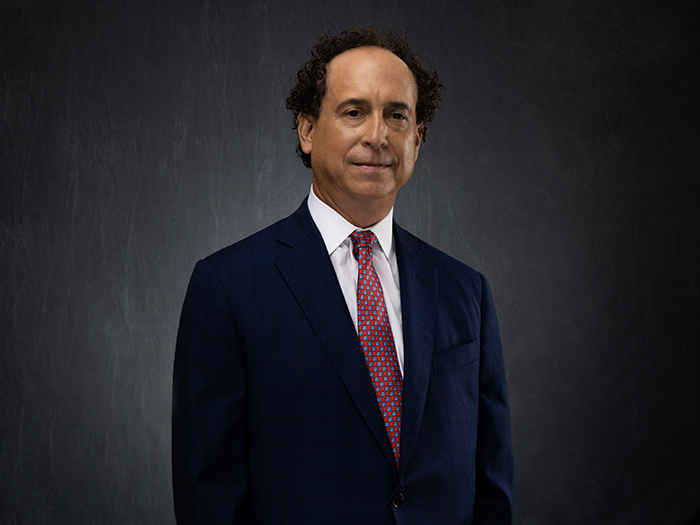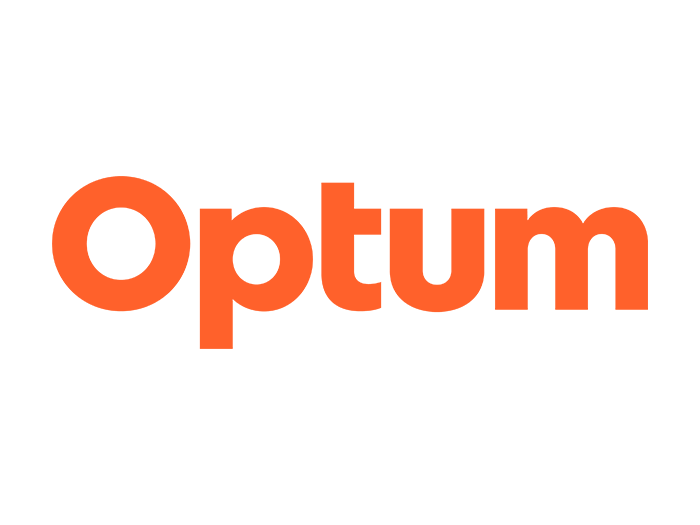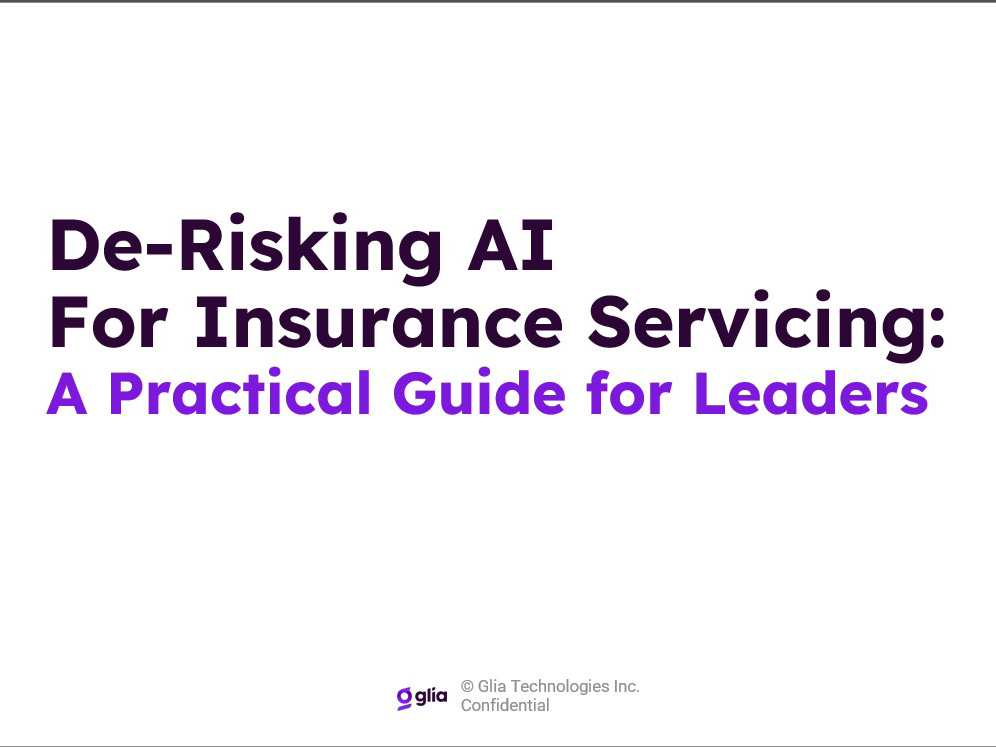Column: Risk Management
Prevent Your Brand From Taking A Massive Hit
It was more than 25 years ago when Sinéad O’ Connor appeared on Saturday Night Live as a musical guest. She sang a rendition of Bob Marley’s “War” as a form of protest against the Roman Catholic Church.
SNL had no prior knowledge that O’Connor would conclude the song by holding up a photo of the Pope, tearing it to pieces and saying, “Fight the real enemy.”
The audience went silent. Within a year of her protest, O’Connor had all but vanished from the music scene.
When we look at the recent public outrage and advertiser mass exodus from Laura Ingraham’s show on Fox News, I sense that Ingraham may experience a similar end. Her audience too went silent in shock after seeing her mock David Hogg, a Parkland shooting survivor, for getting rejection letters from colleges.
She apologized, but I suspect little forgiveness will prevail for what is now seen as a moral failing towards a teenage victim of a horrific trauma.
These events may be deathblows. O’Connor and Ingraham damaged a specific social and moral nerve. They crossed an offensive line. And once crossed, it tends to be a brand killer.
Your brand is what connects with consumers. Ethical behavior marks your brand. When consumers no longer want to be associated with you, they reject your brand and what you stand for.
It is no surprise an effective boycott attacks a brand and not just the organization’s bottom line. This is what ethical consumerism is all about. It is not moral peacocking but a form of consumer activism that demands ‘positive moral behavior’ by an organization.
Boycotters know that when your brand is put at risk, it will force a conversation with them, and hopefully not a fight. Those who ignore this variation of ‘brandjacking’ risk potential demise.
But what specific moral behaviors, when breached, can lead to such deathblows? It is confusing as we see other celebrities or public figures survive sex scandals or crimes. In fact, often they don’t just survive the scandals, they even thrive afterwards. What is different here?
A corporation is an implied member of our moral community, and it has social responsibilities. Its words, promises, statements, even insinuations, reflect its brand character. Consumers naturally gravitate toward organizations with like values, social, moral standards or ideals.
Your brand is what connects with consumers. Ethical behavior marks your brand. When consumers no longer want to be associated with you, they reject your brand and what you stand for.
We expect companies to know right from wrong or, more importantly, what we consider to be right and wrong. This is where it gets tricky: reading your consumer and not underestimating their moral code.
In my experience, there are certain wrongs that consumers rarely reconcile or accept. These tend to be around unfathomable social and environmental injustices, hypocrisy and irresponsibility. Injustices towards innocent children and animals are especially egregious.
This is where Ingraham’s jurors sit in social justice court. This fervent belief prevails even in the social hierarchy of prisons. Convicts who have committed crimes against children are especially reviled.
We as consumers also recoil when we our religious, spiritual, sexual orientation or cultural beliefs are openly mocked, bashed or disrespected. Playing with a person’s sense of self or dignity is wrong. No one wants to be judged, bullied or have a belief thrust upon you. This is where O’Connor sits.
If you happen to step into this brand death roll, don’t aggravate further. Take immediate responsibility, genuinely apologize and be sure you do so before any boycotts commence.










